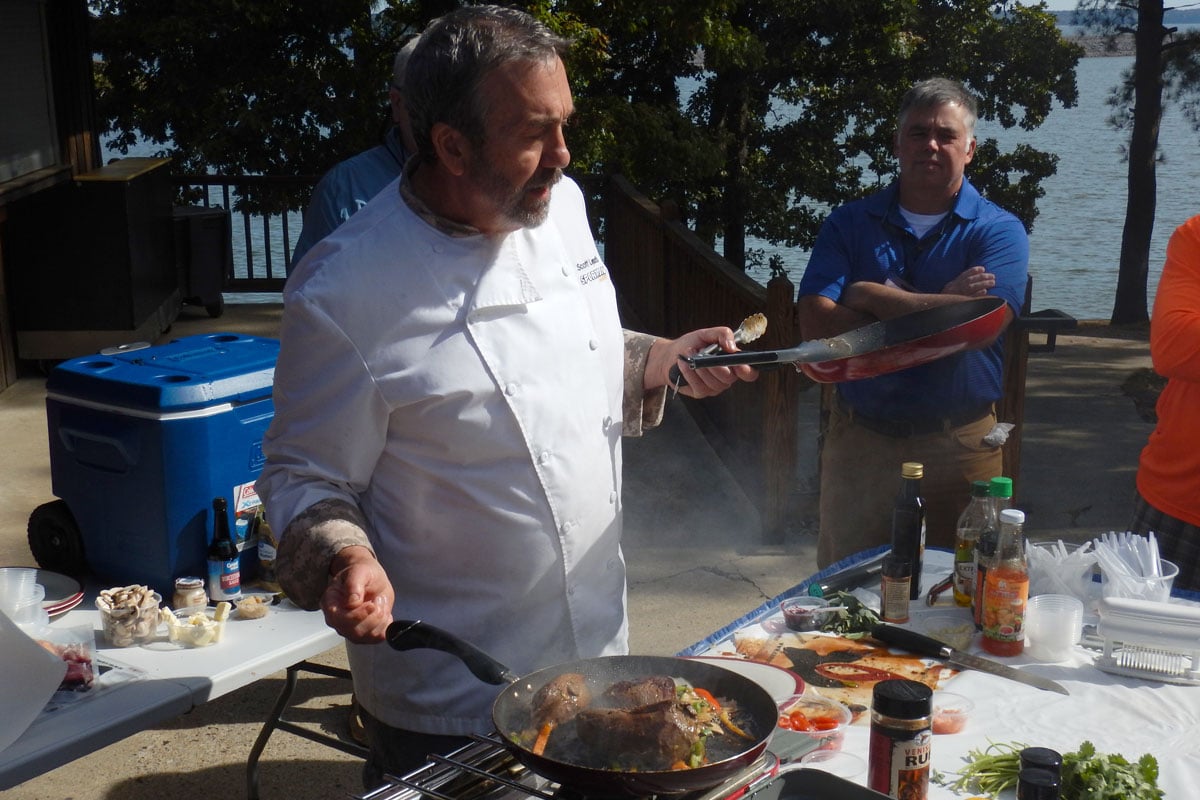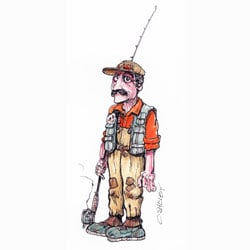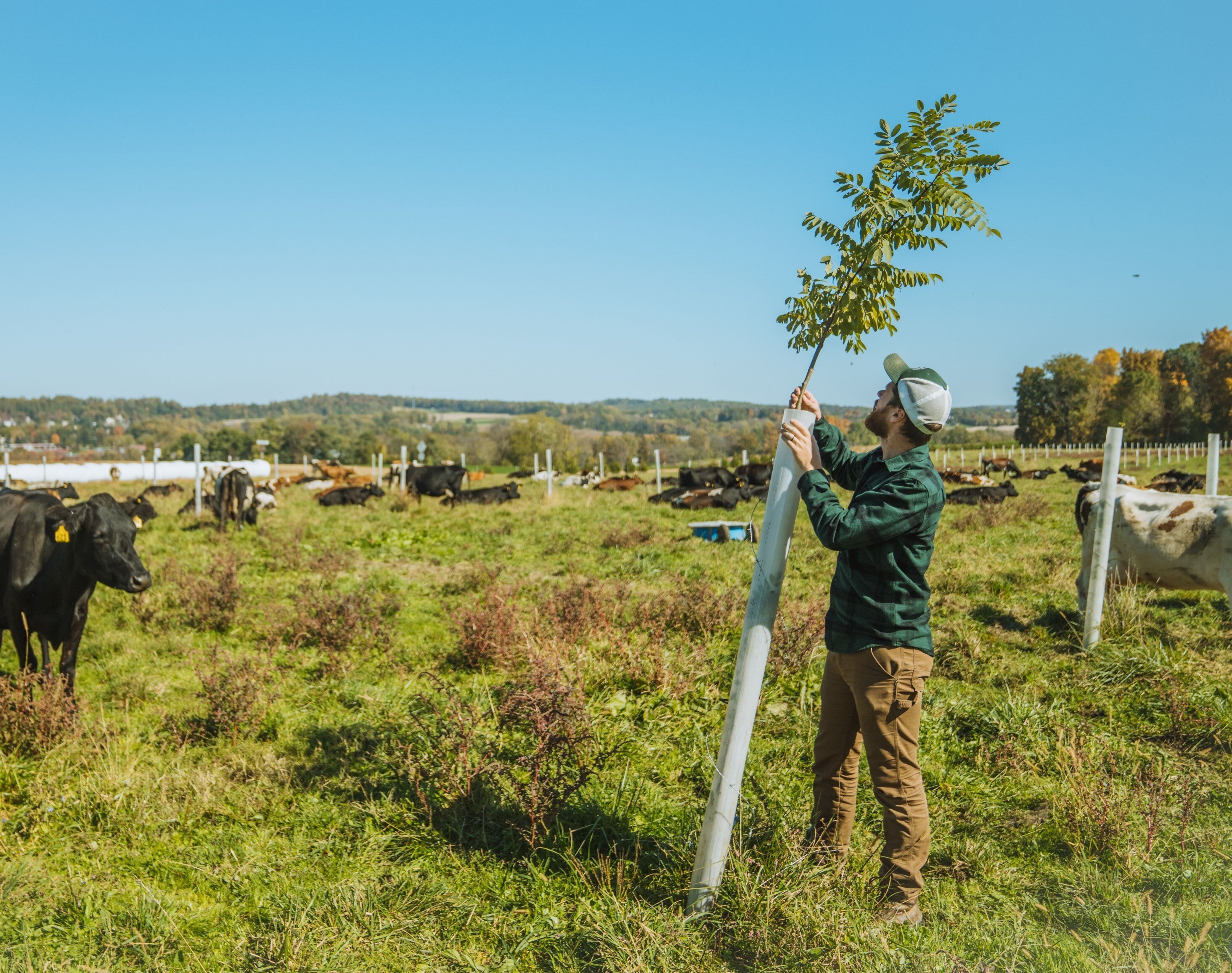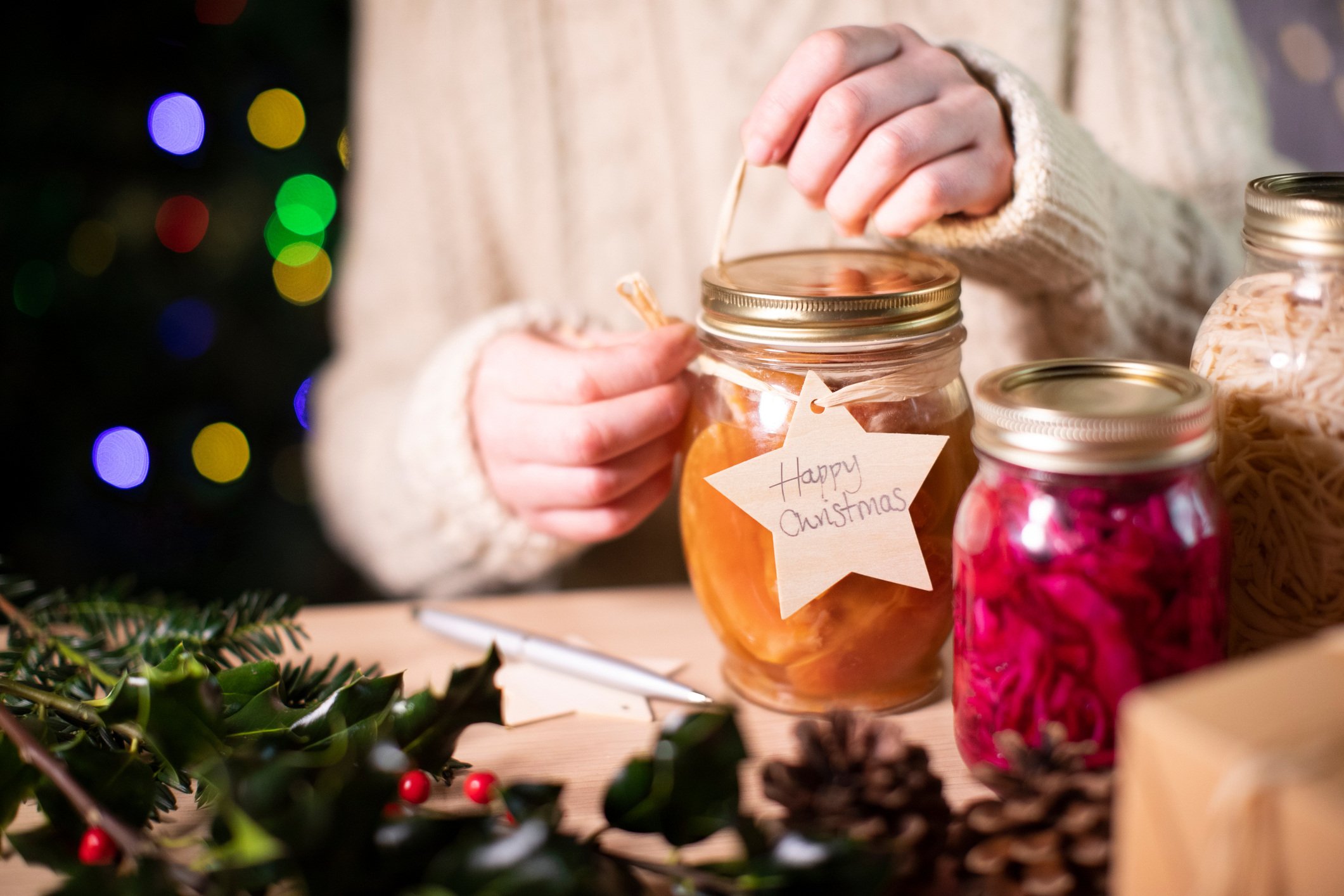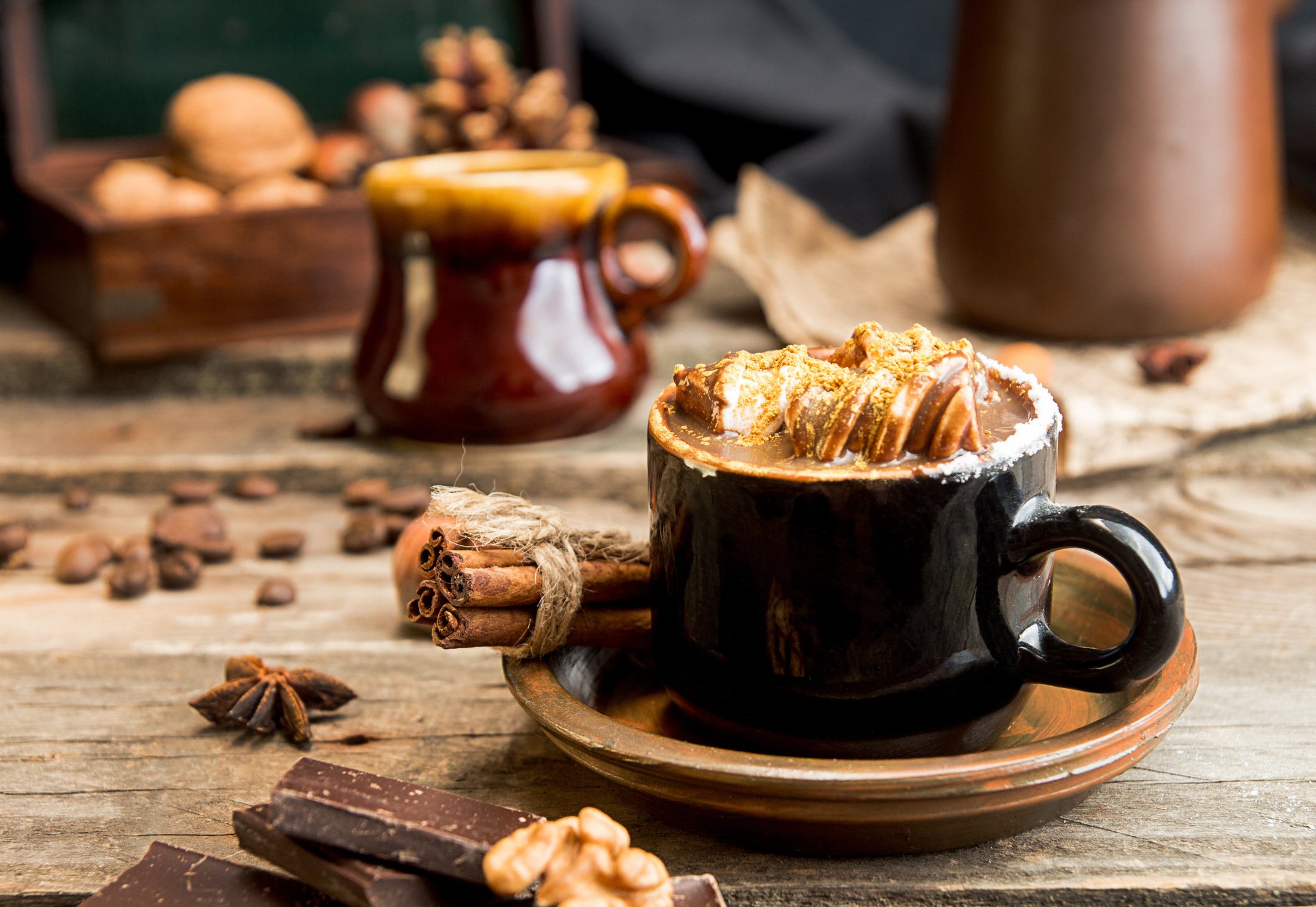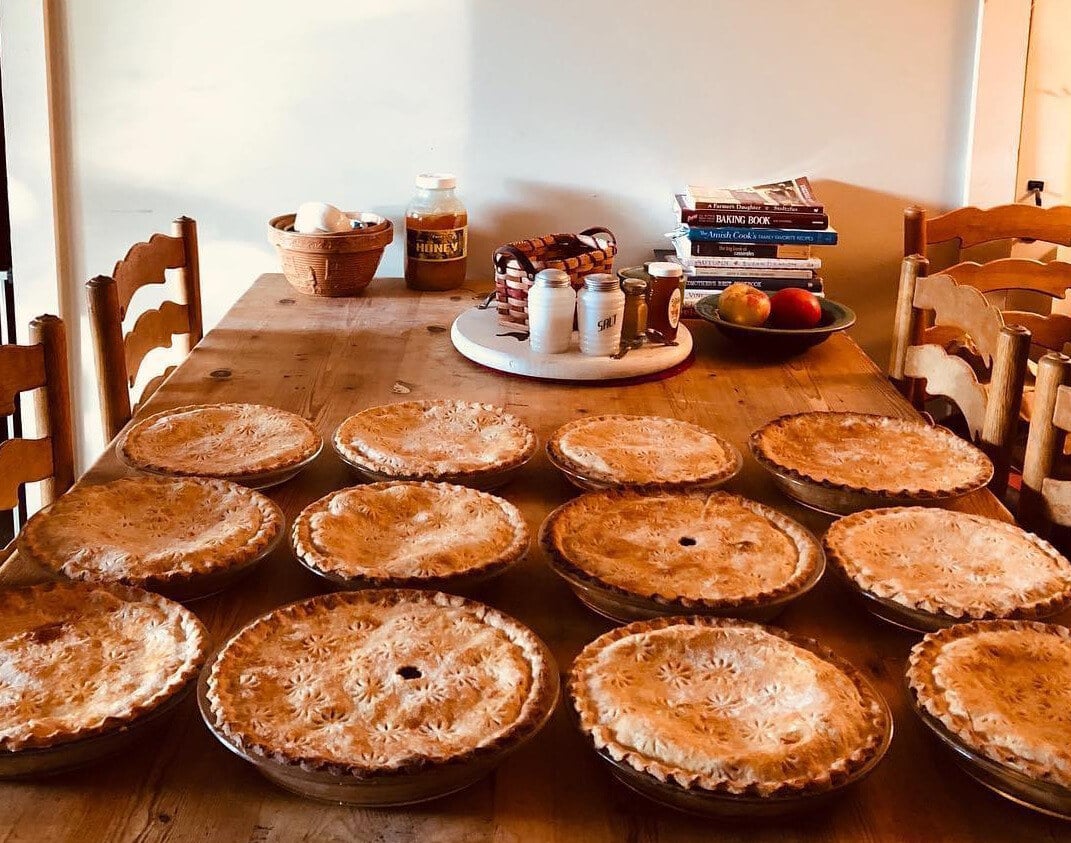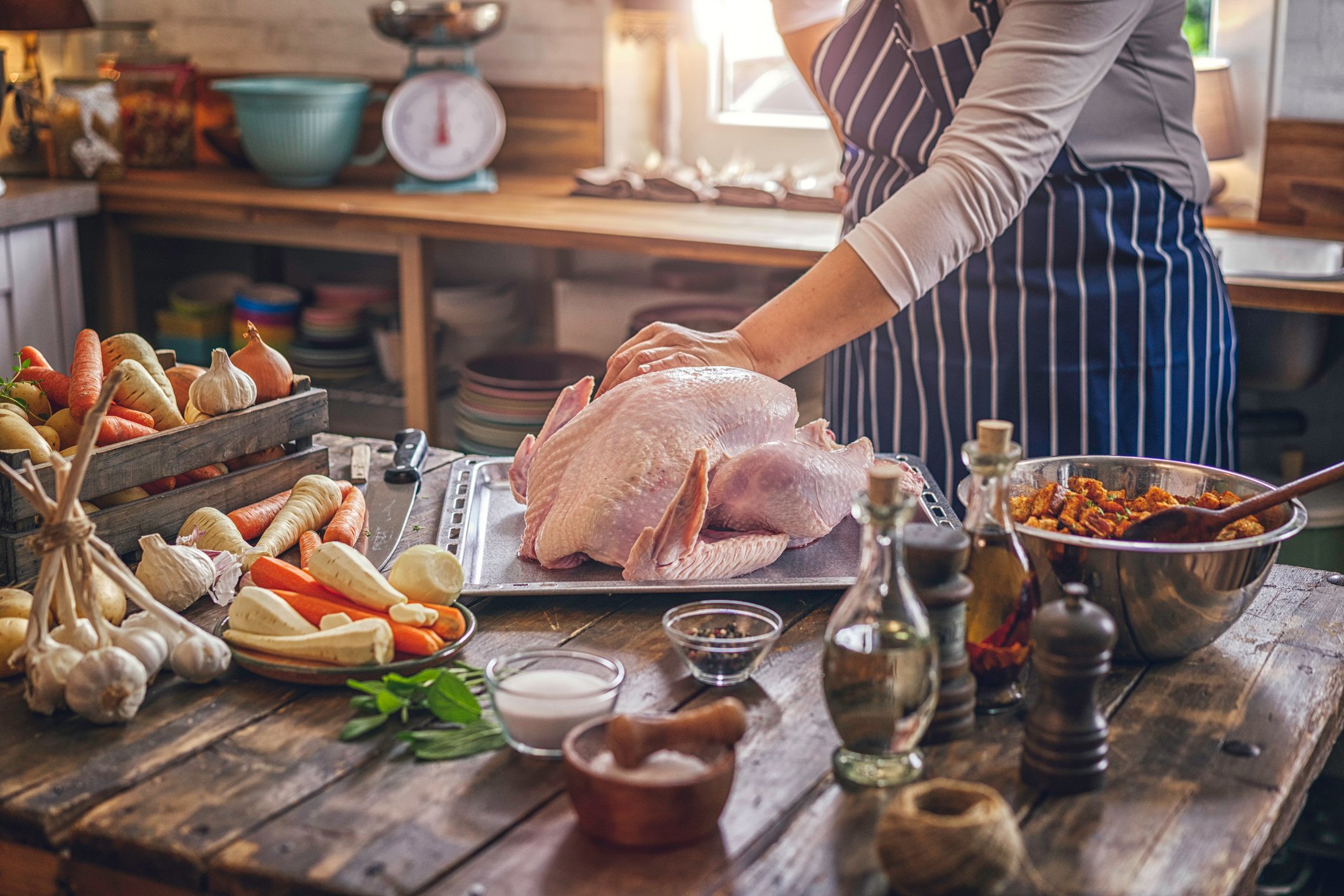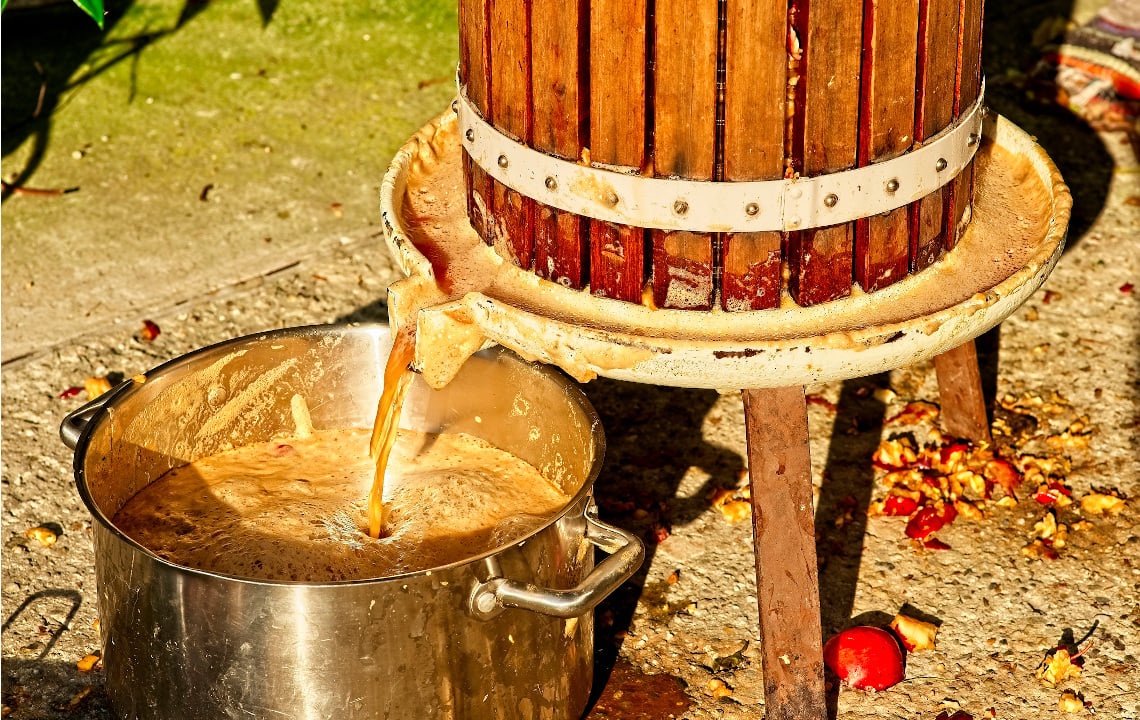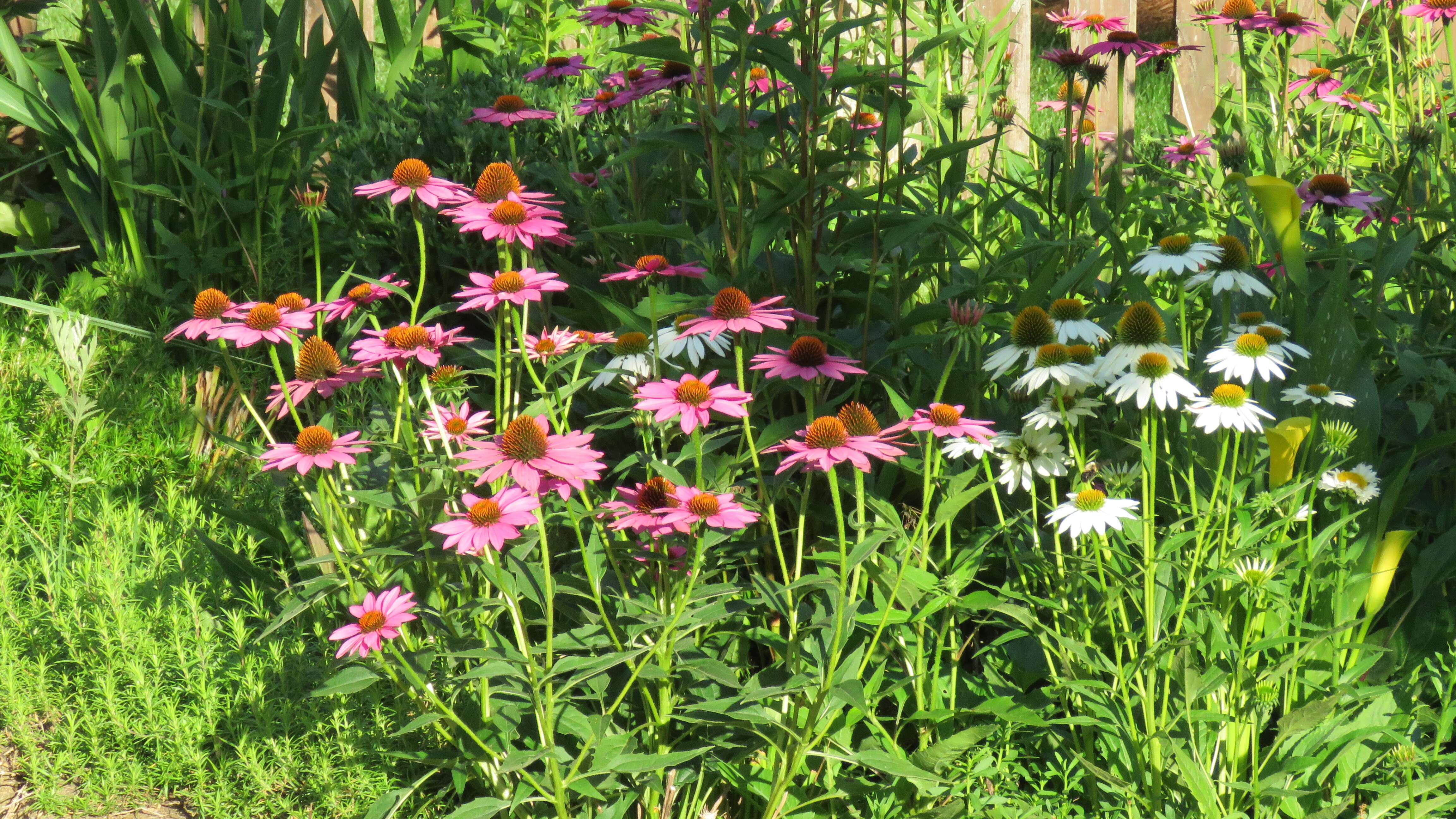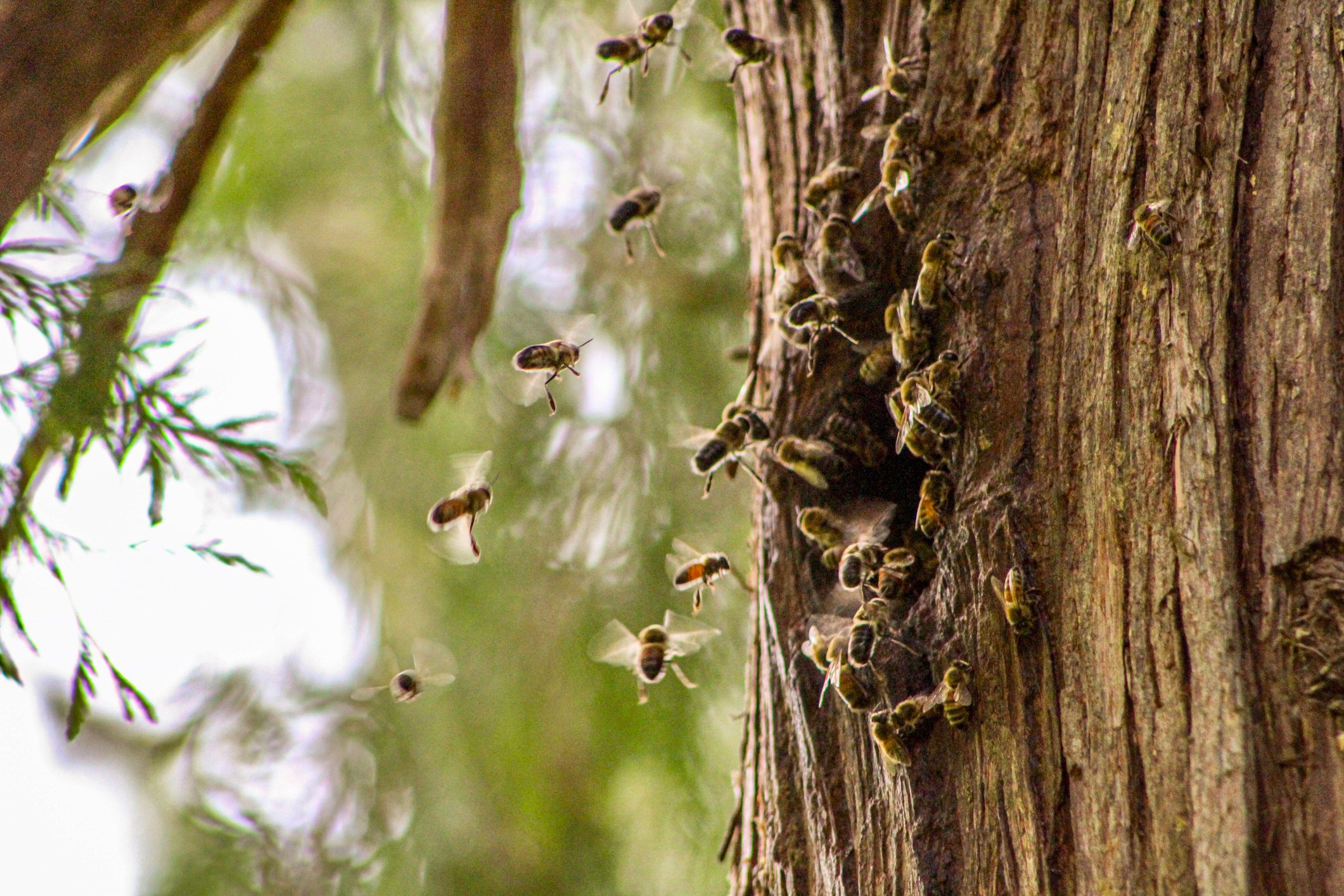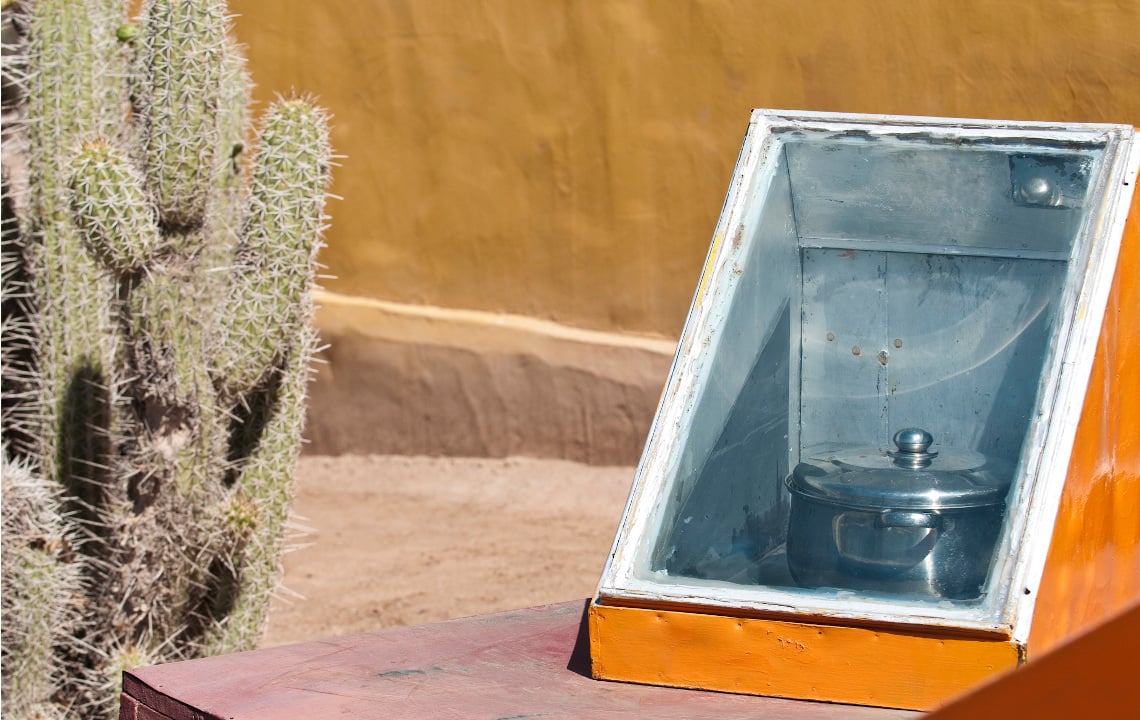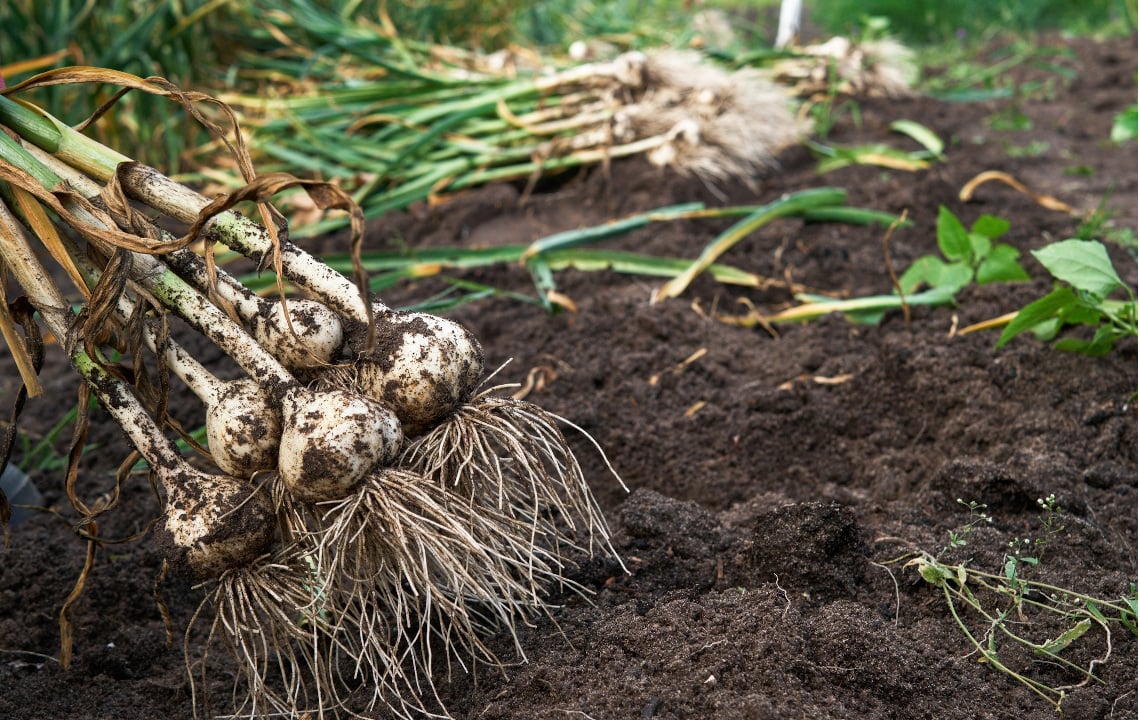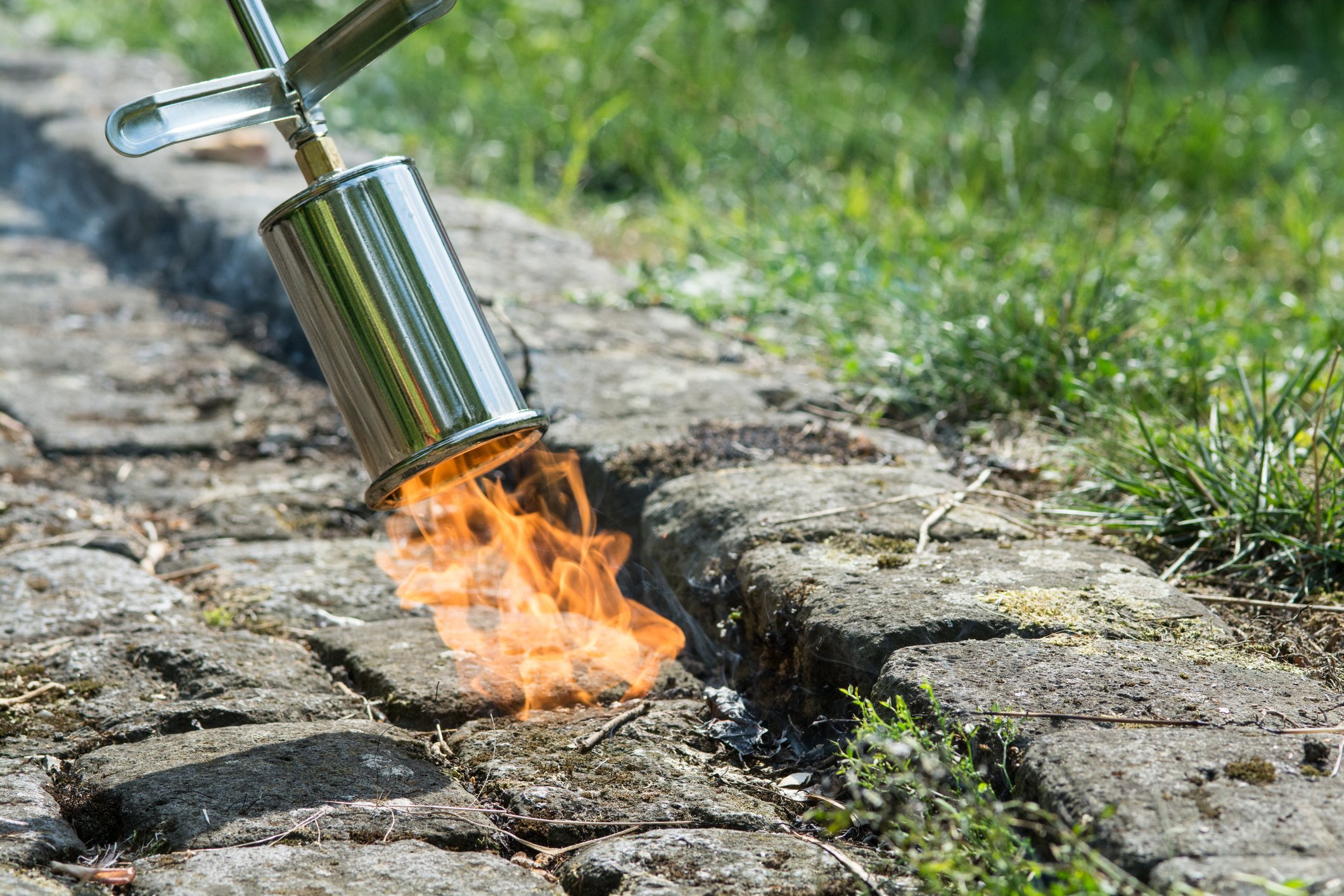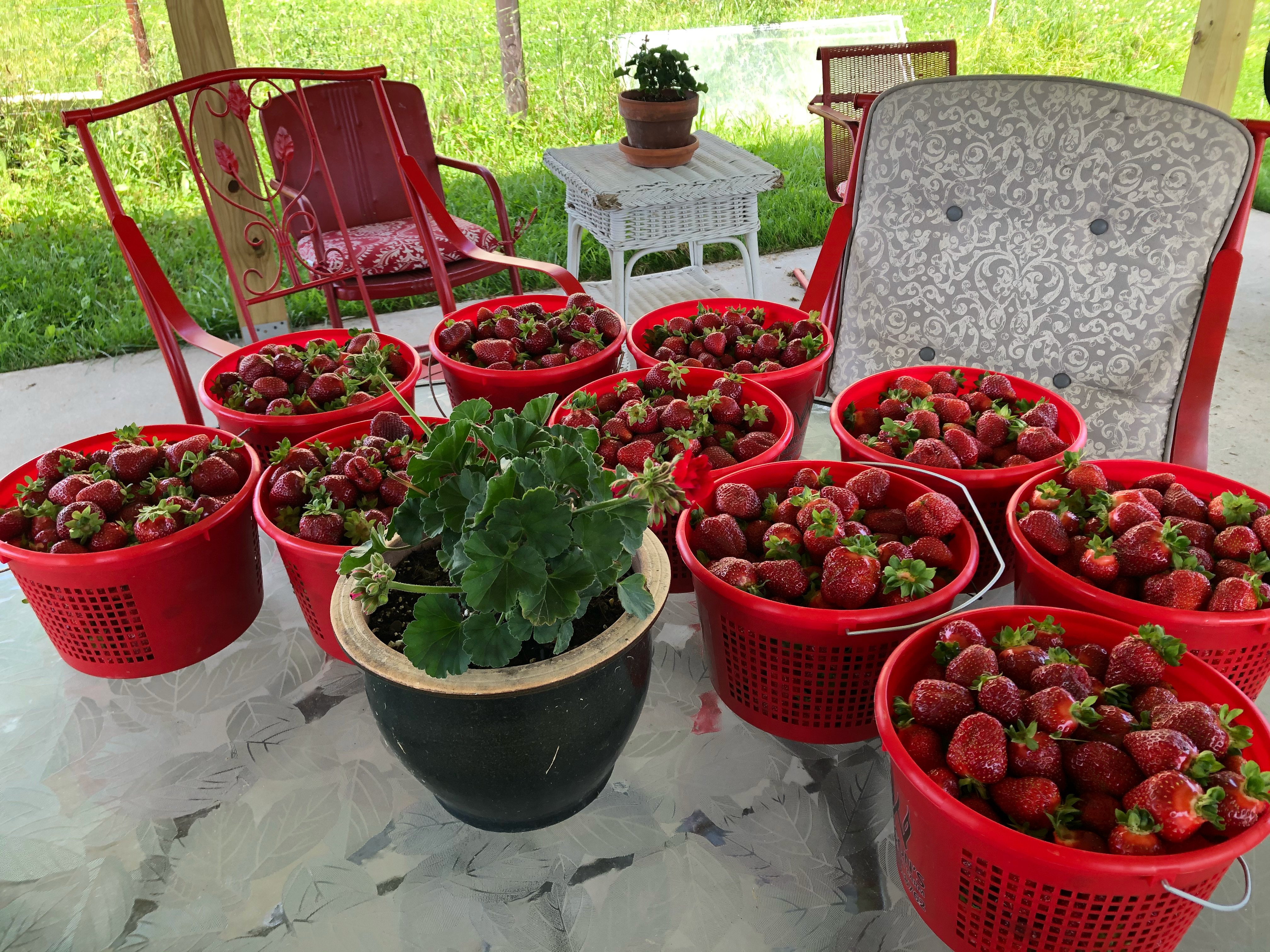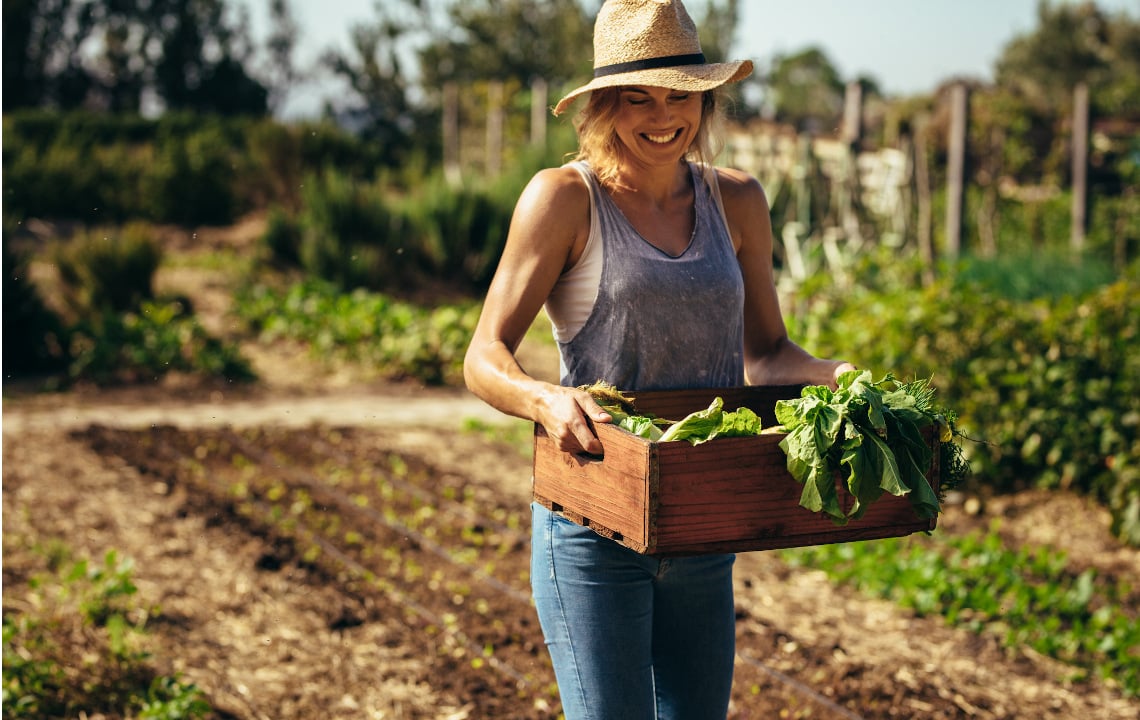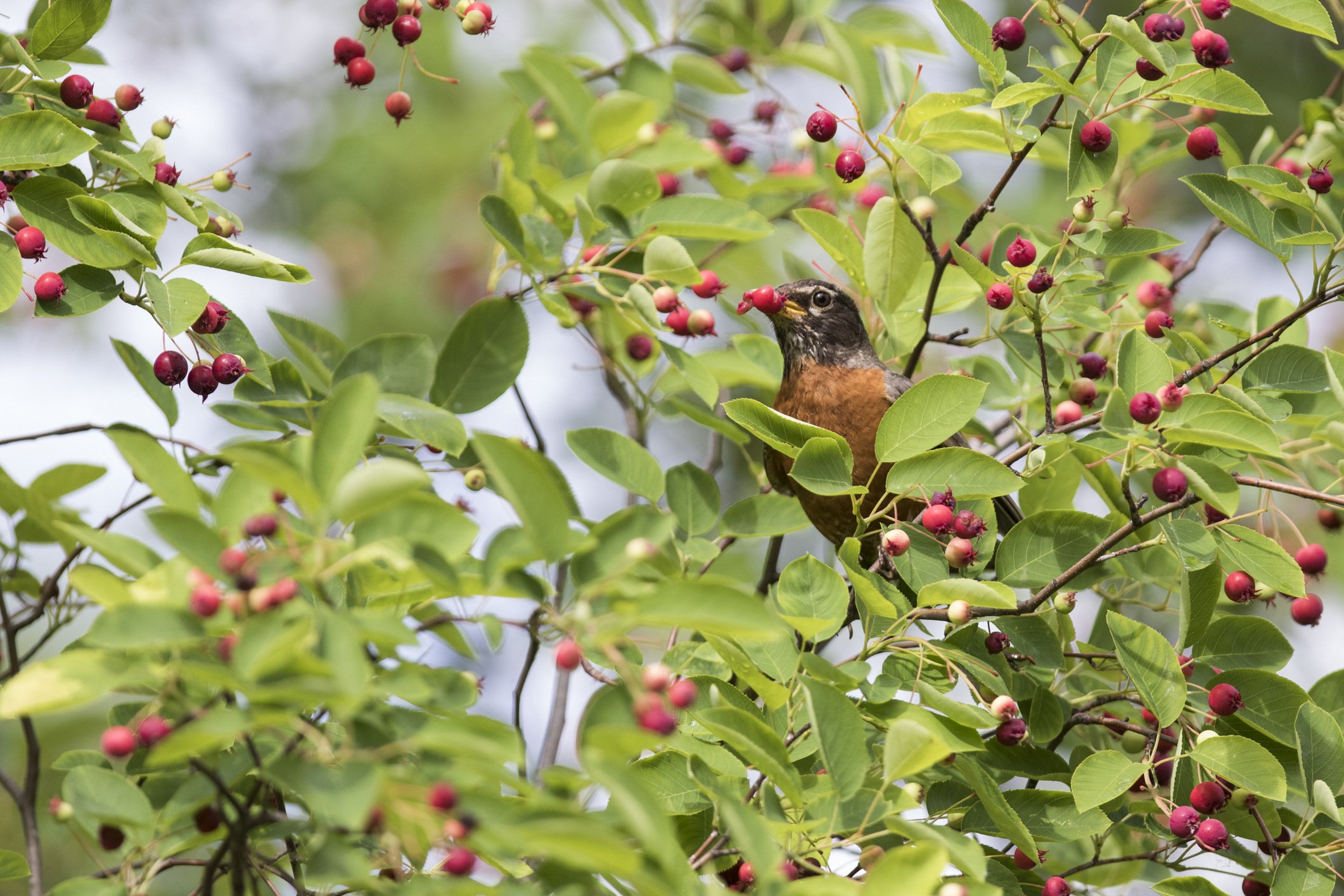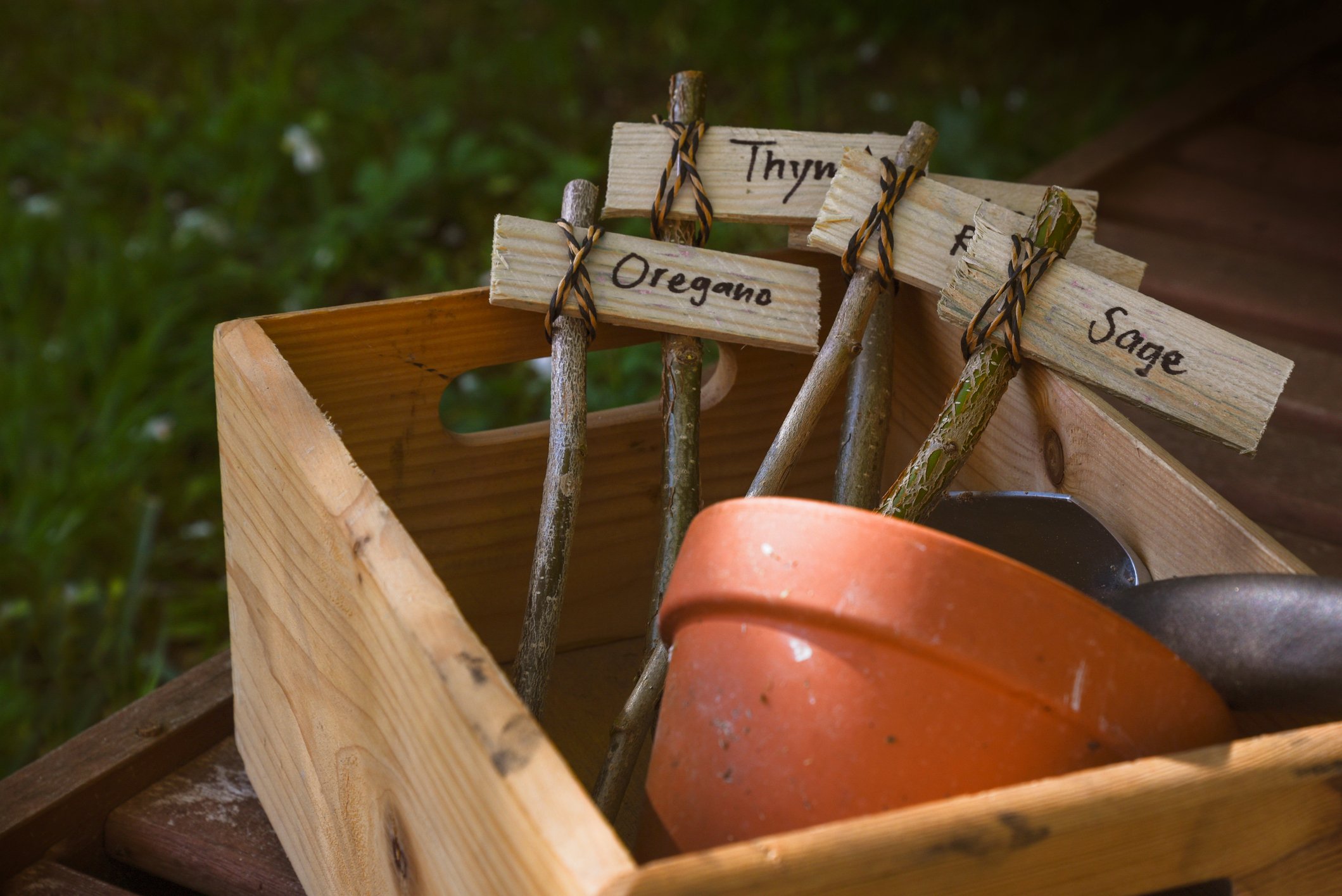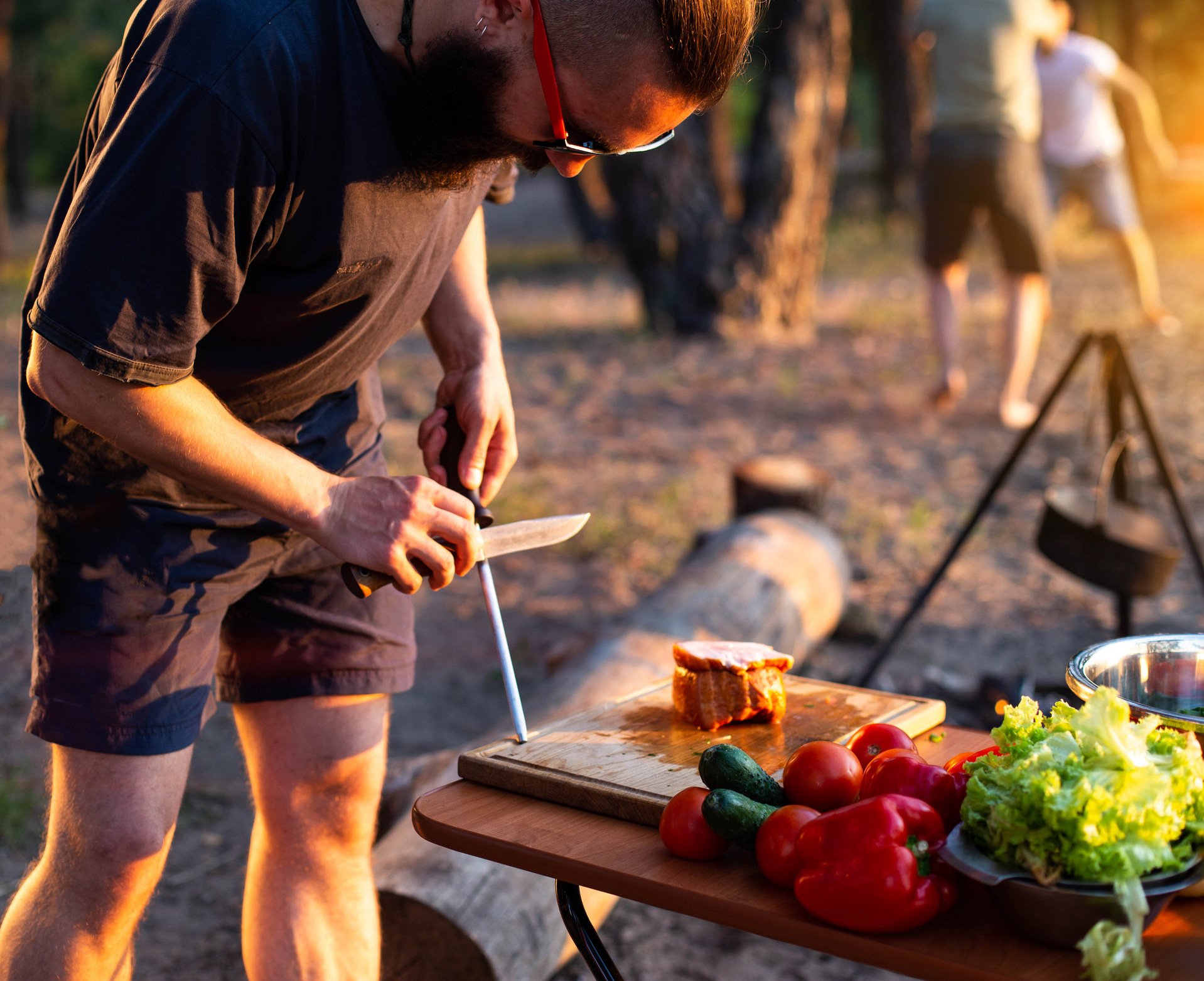Wild game is among the healthiest meat on the planet, but cooking it can be tricky. Try these five techniques from The Sporting Chef Scott Leysath to make your next wild game dinner delicious.
Outdoorsmen know the last phase of a good trip occurs at the table. All the memories of a successful outing replay themselves when a game feast is prepared, whether it’s fish or fowl, or perhaps a little venison tenderloin. To make the dinner even more memorable, it helps if the guests ask for seconds. And admittedly, wild game is not something everyone cooks well. Except maybe Scott Leysath.
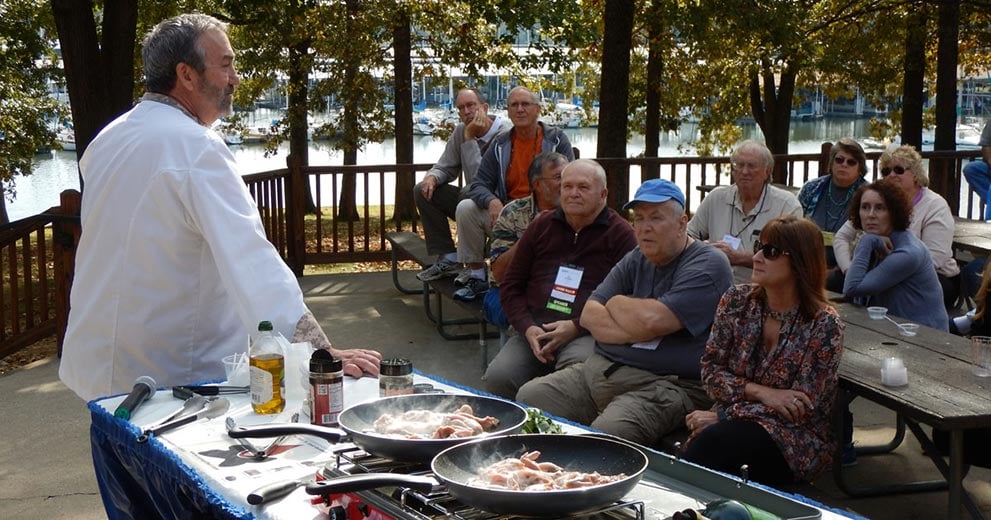
Cooking Wild Game: What You Need to Know
Scott is a leading authority on the preparation of fish and game. He is on the award-winning television show The Sporting Chef and has authored two cookbooks. Scott is also the cooking editor for Ducks Unlimited Magazine.
So when Scott spoke at the recent Southeastern Outdoor Press Association conference, he had a full turnout. That he was cooking and passing out samples just made everyone nudge their way forward for a front row seat.
Through his presentation, it became evident game preparation is a process that begins in the field and ends as it is served. Taking care of it from start to finish is the key to eating quality.
Here are five tips gleaned from his wild game cooking demonstration:
Tip 1: Keep it Cold and Keep it Clean
Scott admits it’s tempting to carry game around to show your friends, but taking care of it early helps at the end. Spoilage organisms are best kept to a minimum when you dress and clean the game quickly. Then, getting the game chilled soon after further protects it from spoilage.
Tip 2: Brine Your Ducks and Geese
Part of Scott’s cooking demonstration was a comparison of duck breasts in three methods of preparation. His favorite (and the audience’s) was the duck soaked in brine prior to cooking.
Scott says you can purchase a brine mixture, such as those available from High Mountain, or you can make your own. His is a simple recipe of one cup coarse kosher salt, one cup of brown sugar, and one gallon of water. Mix these and soak the ducks or geese in the brine for 24 hours. He suggests going a little longer on large birds such as geese and perhaps a little shorter on small ducks.
Tip 3: Age Large Game for improved tenderness
Going straight from the field to the table prevents meat from aging. This is an enzymatic process that allows the connective tissue to break down, making the meat more tender. Scott recommends using a vacuum packaging system to pack the cuts and age them at 29-34 degrees Fahrenheit. Meat freezes at 29 degrees Fahrenheit, so keeping the meat slightly above freezing allows the enzymatic process to continue, while minimizing the growth of spoilage bacteria.
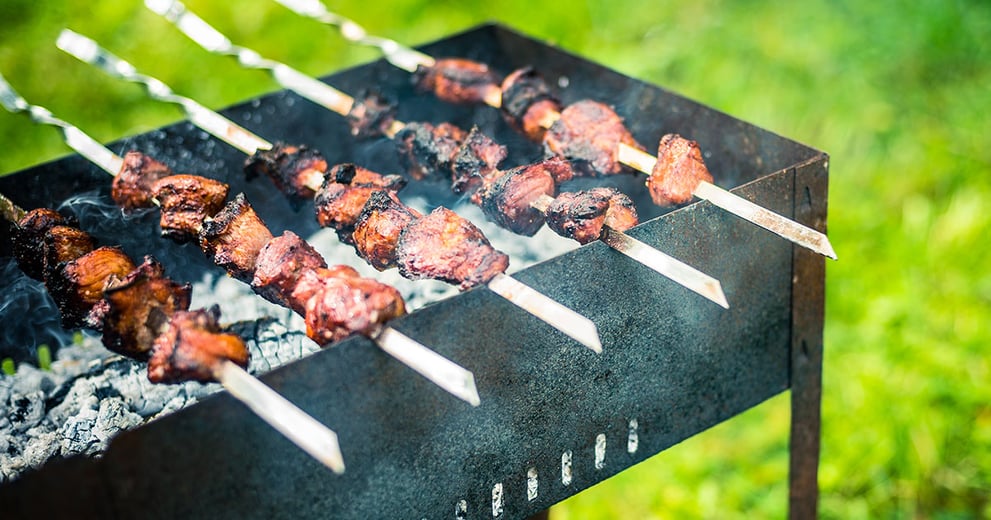
Tip 4: Don’t overcook
This is the step many cooks get wrong. “Most people overcook wild game,” says Scott. Overcooking dries the meat and toughens it. If you look at Scott’s web page, SportingChef.com, many of his recipes include either cooking time or temperature. For instance, one venison roast recipe suggests aiming for 155-160 degrees Fahrenheit for the internal temperature.
Tip 5: Rest meat after cooking
Resting meat is simply letting it sit for a brief period under cover after cooking. Scott had an interesting example to demonstrate his point, recommending trying this on your holiday turkey. Cook it to 165 degrees Fahrenheit internally, then put it in a tight-fitting cooler and pack the empty spaces with towels. Close it and tape the seam to keep in the heat and to prevent anyone from looking in on it. In two hours, your turkey will be moist, tender, and ready to eat.
When discussing the process of resting game, Scott suggested many cooking processes dry the exterior. When resting, the moisture equilibrates to all areas making it all as juicy as the center.
With all the effort you put into bringing game to the table, just a little more can help the eating experience put an exclamation point on the trip afield. Perhaps the best indicator that these tips work is we had no leftovers after his cooking demonstration.


